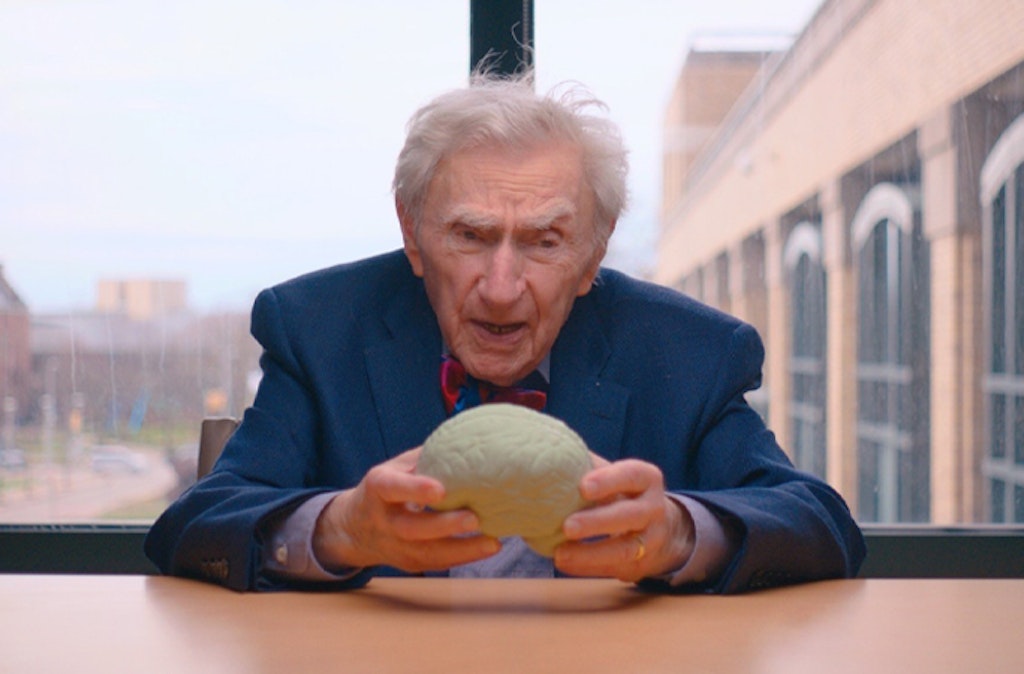Leadership is a marathon, not a sprint: Lessons from a 102-year-old neurologist
Last updated on 30 June 2025

Dr. Howard Tucker is not your average centenarian. At 102, the American neurologist remains actively engaged in consulting on legal cases, teaching, and mentoring. He passed the bar in his 60s, for good measure, and attributes his remarkable longevity to one thing: never retiring.
His mantra? “Retirement is the enemy of longevity.”
While his message is directed at ageing well, there’s a deeper lesson here for leaders, especially those navigating the relentless pace of change in health and aged care. Tucker reminds us that enduring leadership isn’t about going harder, faster — it’s about playing the long game.
The endurance of influence
In today’s leadership culture, burnout is almost worn as a badge of honour. But the greatest leaders aren’t necessarily the ones who climb fast; they’re the ones who stay curious, stay relevant, and stay in the game.
Leadership is not a quarterly sprint. It’s a marathon of mindset, adaptability, and self-renewal.
As the workforce ages and tenure extends well into later decades, executives need to start asking themselves not “How do I get there faster?” but “How do I lead well for the long haul?”
The power of staying mentally active
Research echoes Dr. Tucker’s experience. A 2022 Harvard Business Review article on CEO longevity found that leaders who continue to learn and adapt in later years tend to be more effective, more collaborative, and more purpose-driven. They don’t chase legacy — they build it incrementally.
In a sector like aged care, where compassion, continuity, and deep system knowledge matter, experienced leaders bring something no MBA or rapid rise can replicate: perspective. But only if they pace themselves.
Redefining ambition
We often equate ambition with upward movement. But there’s power in depth, too—in honing your craft, in mentoring others, and in choosing legacy over limelight. Dr. Tucker’s story is one of deep contribution, not fleeting visibility.
For current and emerging leaders alike, the challenge is to strike a balance between drive and durability.
What habits today will sustain your impact 10, 20, even 30 years from now?
It might mean learning how to rest, not quit. It might mean reframing your value not by title, but by influence. And it almost certainly means thinking about your leadership life in chapters, not just climbs.
Leading with longevity
As we face sector-wide transformation, from aged care reforms to tech disruption, there’s never been a greater need for leaders who are built to last. People who don’t just adapt to change, but who outlast trends and stay engaged with purpose.
Dr. Tucker’s life is an invitation to think differently about what leadership looks like at every age and stage. It’s not about resisting retirement, it’s about resisting irrelevance. Staying engaged. Staying human. Staying humble.
And in that, he offers perhaps the greatest leadership advice of all: don’t race ahead — stay in the race.